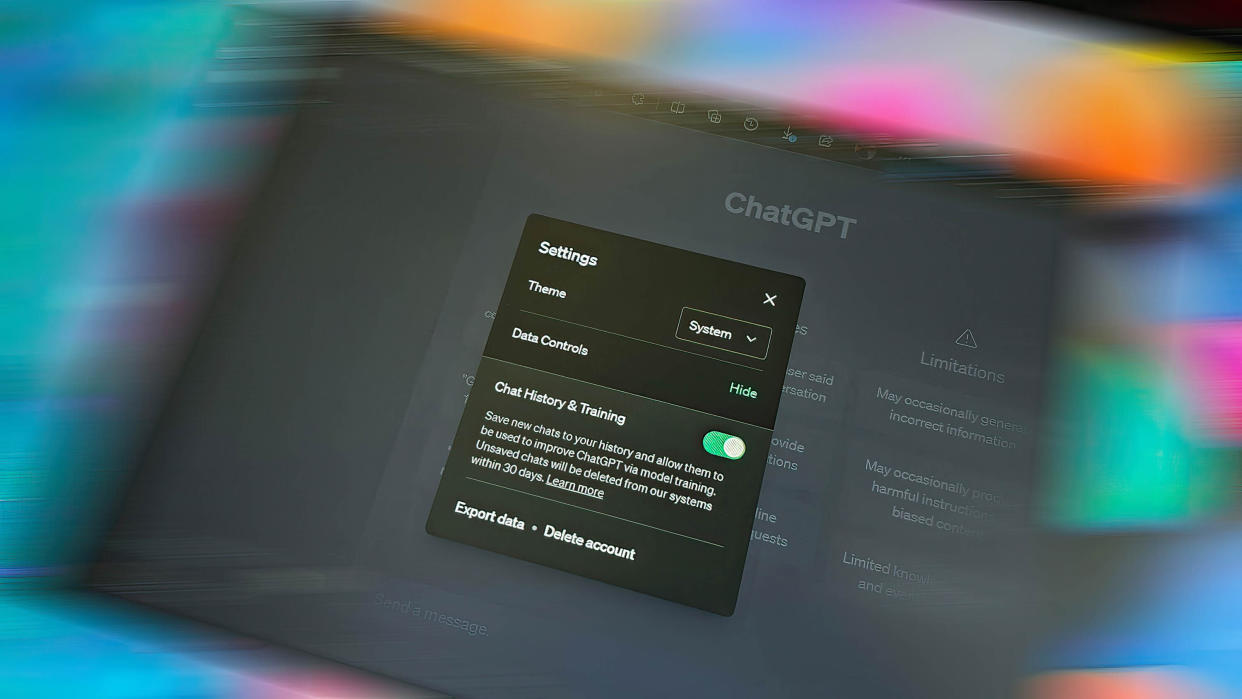ChatGPT's fate hangs in the balance as OpenAI reportedly edges closer to bankruptcy

What you need to know
ChatGPT is reportedly heading toward bankruptcy.
Investors are barely breaking even as the venture is hardly making any profits due to a shortage of chips, divided interests, and more.
OpenAI has already seen a $540 million loss since debuting ChatGPT.
Artificial Intelligence has been in the headlines for the better part of this year. Whenever you think about the subject, OpenAI's chatbot, ChatGPT, automatically comes to mind, as does Microsoft's Bing Chat, which uses OpenAI tech.
And while the company has made significant headway in the area, the chatbot has been spotted facing a few challenges. A recent report cited that the tool is getting dumber. According to the study, the chatbot's responses have worsened despite OpenAI's efforts to ship new features to the tool designed to improve its usability.
Adding to that, it seems that it's not business as usual. The company is reportedly on the verge of bankruptcy. Firstpost highlighted several reasons for the situation per stats shared by Analytics India Magazine.
Analysis
First, running an AI-powered chatbot is no easy feat, especially regarding the cost implication. We already know OpenAI uses approximately 700,000 dollars to run the tool daily. This translates to 36 cents per query. Not to mention the amount of money used to procure GPUs from companies like NVIDIA to ensure that things run seamlessly. But as it now seems, OpenAI might be unable to keep this going much longer, despite its efforts to make a bit of revenue by monetizing GPT-3.5 and GPT-4. Microsoft, accompanied by a couple of recent investors, caters to these expenses. How long will investors help keep the business afloat if they cannot earn back their investments?
Read more
- Microsoft's relationship with OpenAI
- ChatGPT costs $700,000 per day
- Bing Chat is better than ChatGPT
- Skyrim mod uses ChatGPT
Aside from monetary issues, OpenAI is also experiencing a decline in the number of users that leverage its chatbot's offerings. The company experienced a 12 percent decline in its user base between June and July, according to SimilarWeb, which translates to a loss of around 200,000 users. However, these statistics only reflect the number of users visiting the ChatGPT website, leaving out APIs.
OpenAI's APIs have increasingly gained the interest of organizations initially opposed to the whole Artificial Intelligence idea and incorporating it into their workflows. Several LLM models are open-sourced. This way, it's possible for users to curate an experience that's specific and caters to their needs without having to incur any extra costs.
Additionally, OpenAI's Sam Altman has been particularly vocal in highlighting his interest and goals for ChatGPT, which differ from OpenAI's. Altman is focused on achieving AGI superintelligence, while OpenAI is leaning toward making a profit.
And while OpenAI continues to invest in the venture heavily, Altman has also expressed his concerns over safety measures to ensure that the tool doesn't spiral out of control. He's keen to see the government get involved and implement regulations that control how people can leverage the tool's capabilities. The FTC already launched an investigation into ChatGPT to determine whether the company has broken consumer protection laws. Given its heavy investment and extended partnership with OpenAI, Microsoft will likely be affected.
That said, OpenAI is actively pursuing new ways to make money from its GPT-4 LLMs. The company aims for $200 million in annual revenue in 2023, and $1 billion in 2024, which seems like a reach given the current state. The company has already seen a $540 million loss since the chatbot's inception.
And finally, there's an increased shortage of GPUs in the market, partly because of the rivalry between the US and China. The EU recently passed a €43 billion Chips Act designed to enhance the production of semiconductors in the region and reduce the overdependence on foreign regions to develop semiconductor chips.

